
In times of social distancing, forming communities
A number of crowdfunded and community-based initiatives has come forward to combat the social and economic fallouts of the Covid-19 outbreak
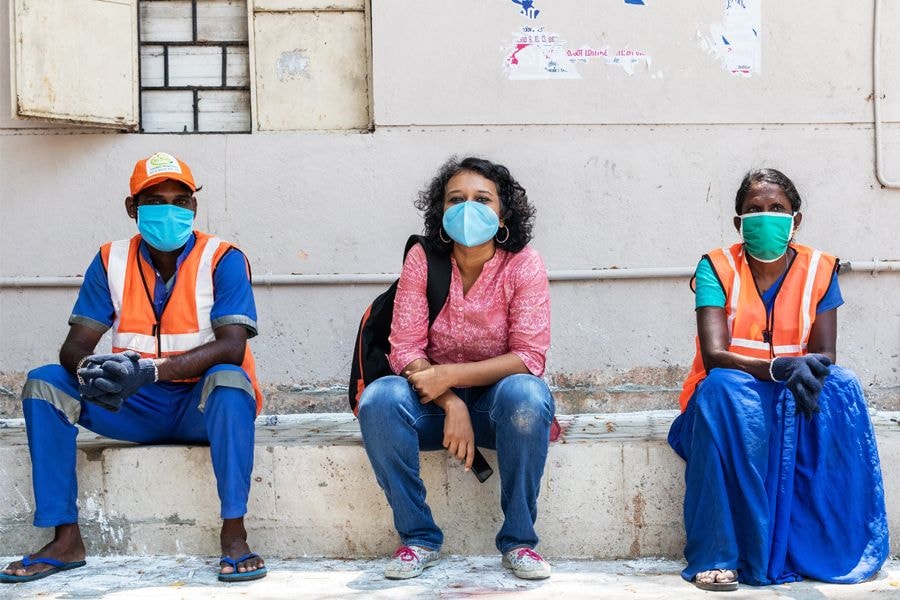 Residents of Chennai's Zone 13, including Archana Hari (centre), crowdfunded `22 lakh for their neighbourhood's 1,038 conservancy workers
Residents of Chennai's Zone 13, including Archana Hari (centre), crowdfunded `22 lakh for their neighbourhood's 1,038 conservancy workersImage :Mahesh Venkatasubramanian
It all started with a Facebook post. On March 16, as social distancing was being advised to contain the spread of Covid-19 in India, freelance digital marketer Mahita Nagaraj put up a message on her wall, asking whether her friends who stayed overseas would like her to check in on their near and dear ones, especially the elderly, in Bengaluru. The response was overwhelming—the post was shared and re-shared, and requests poured in from those asking for help as well as those volunteering it. Within 24 hours, the post snowballed into a Facebook community, Caremongers India, as 200 members joined it from across the country; the number rose to 3,500 in the next three days.
On March 20, Nagaraj acquired a new mobile number to operate as a helpline for Caremongers India. “I was naive enough to believe I could handle operations on my own. Once the phone number was given out, 800 to 900 calls started coming in a day,” says the 38-year-old single mother. But even then, the community was just beginning to grow. The explosion happened after the national lockdown was announced on March 24. “About 80 percent of the help requests we got were from senior citizens. They were the most affected by the lockdown, because of their reliance on outside help, be it their maid, driver etc. Now, in under a month, I don’t think there is a single state in the country from which we haven’t received a request,” says Nagaraj.
While some Caremongers offer physical assistance by running errands—like delivering medicines to an HIV patient in Noida, or food to a post-operative patient in a Bengaluru hospital after its in-house catering unit shut down overnight due to the lockdown—some others help out in spirit by offering contacts and even calling up to check in on members through the period of isolation.
.jpg) Mahita Nagaraj, founder of Caremongers India, started a community-based altruistic initiative to help citizens, especially the elderly, who are affected by the lockdown
Mahita Nagaraj, founder of Caremongers India, started a community-based altruistic initiative to help citizens, especially the elderly, who are affected by the lockdownImage: Renjen Pavithran




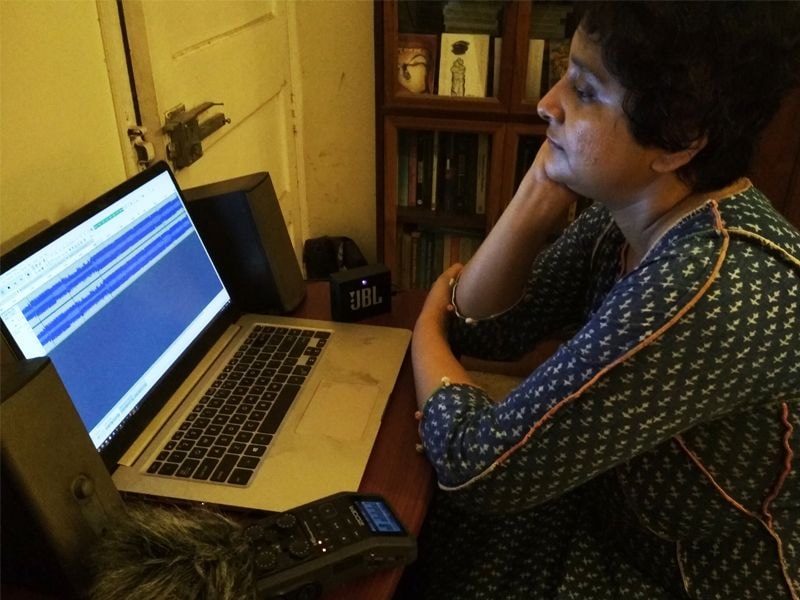 Activist-filmmaker Kasturi Basu and her friends run Radio Quarantine Kolkata from their respective homes, fostering connectedness and cameraderie over airwaves
Activist-filmmaker Kasturi Basu and her friends run Radio Quarantine Kolkata from their respective homes, fostering connectedness and cameraderie over airwaves 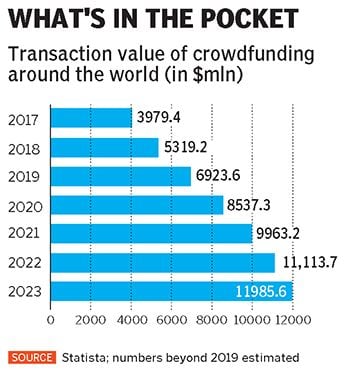 Infographics: Sameer Pawar
Infographics: Sameer Pawar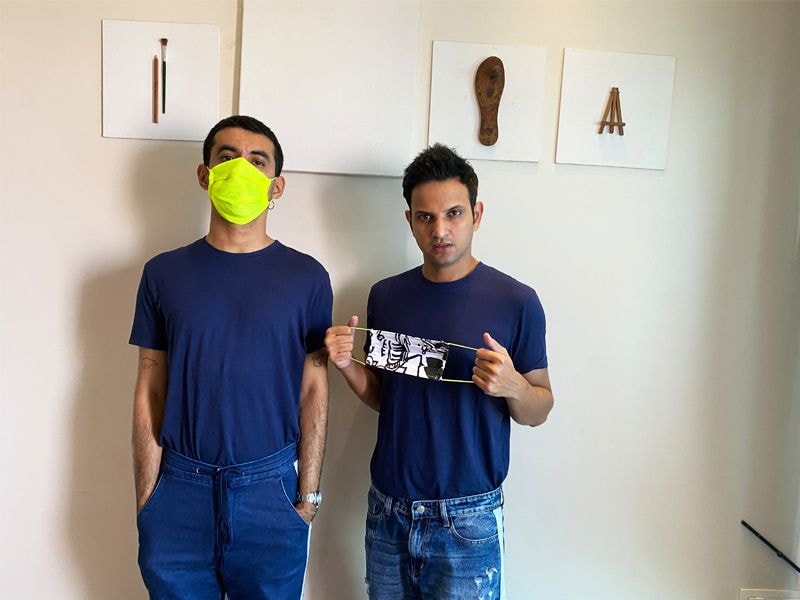 Karan Berry (left) and Leon Vaz of Karleo, a fashion brand from Mumbai, repurposed its export order for masks and delivered them instead to BMC for its high-risk workers like cleaners and sweepers
Karan Berry (left) and Leon Vaz of Karleo, a fashion brand from Mumbai, repurposed its export order for masks and delivered them instead to BMC for its high-risk workers like cleaners and sweepers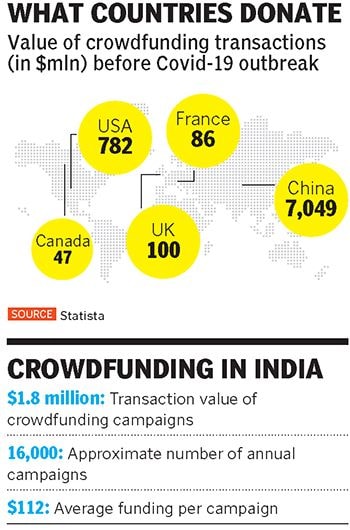
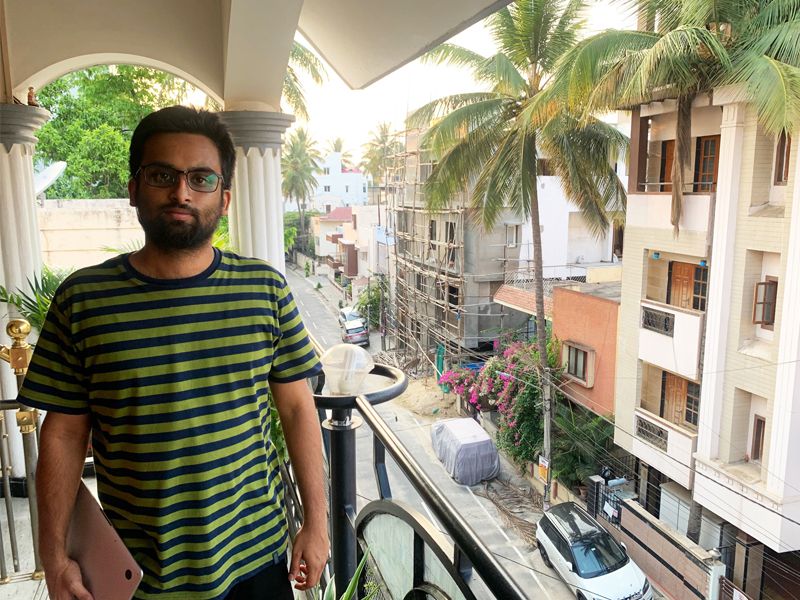 Kuldeep Dantewadia, co-founder of Reap Benefit in Bengaluru, started a hyperlocal dashboard to address pressing civic issues and has now transformed it into a Covid-19 database
Kuldeep Dantewadia, co-founder of Reap Benefit in Bengaluru, started a hyperlocal dashboard to address pressing civic issues and has now transformed it into a Covid-19 database 



